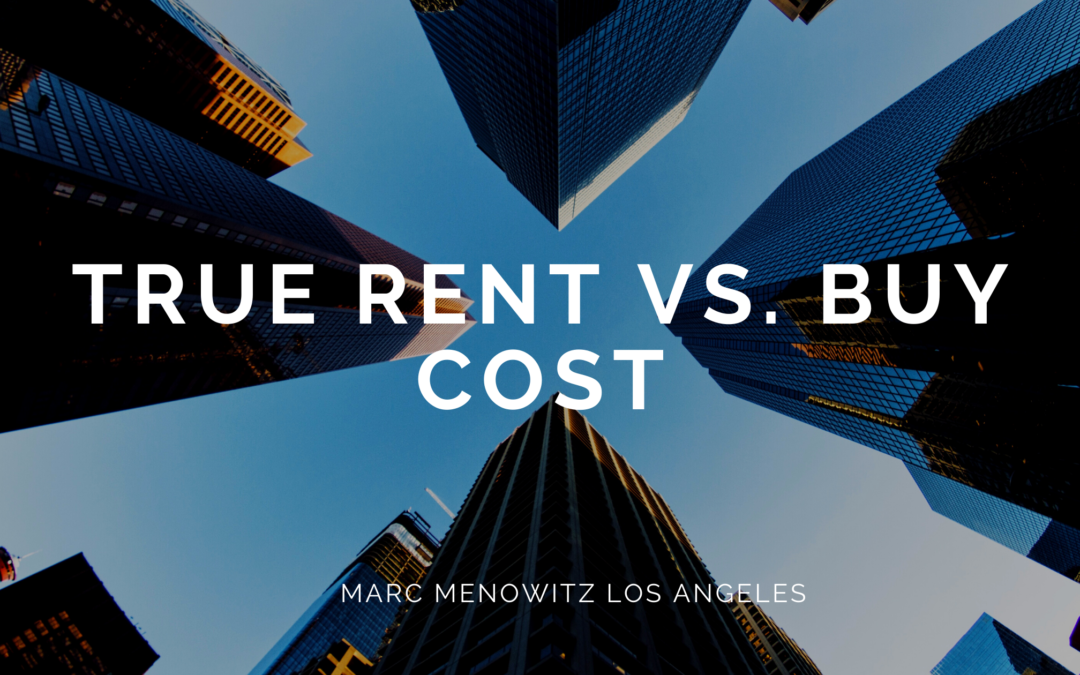When people start thinking about buying a home, one of their first questions is often, “is renting or buying a house cheaper?” There are several factors that go into this calculation. Understanding how the true cost of renting vs buying works will help people make the right choice for their family.
The True Costs Associated With Buying a Home
True costs cannot be calculated just by looking at the cost of a mortgage versus the cost of a rent payment. Buying a home often includes a lot of factors that result in higher payments than realized. First of all, there are all the closing fees involved with purchasing a home, which can result in thousands of extra dollars. Then homeowners need to pay property taxes and homeowner’s insurance, and unless they have an unusually high downpayment, they may need to pay mortgage insurance at first.
Renter’s Upfront Payments Are Cheaper At First
When all the costs of being a homeowner are included, it is usually cheaper to rent at first. An analysis shows that renters’ yearly costs are lower than a homeowner’s yearly costs for the first 22 years! This might seem like a shocking amount. However, it is important to also take into account what happens with all the money both people pay.
Owner’s Have More Savings
Keep in mind that a renter’s money goes straight to the landlord. They do save about $4,000 to $3,000 per year on average though, since they are paying slightly less than the homeowner. With a homeowner, much of their mortgage goes directly into the home itself. This allows homeowners to build equity which is essentially like a saving’s account that the homeowner can liquidate by selling the house. By year three, the homeowner has saved up more than the renter.
Who Saves More Eventually?
When the difference in savings is considered, owning a home ends up being the smarter decision financially. As long as the homeowner plans on keeping the property for at least a few years, they build up enough equity to offset the slightly higher mortgage payment. At the end of the typically 30 year mortgage, a homeowner has saved $11,448 more than a renter.

